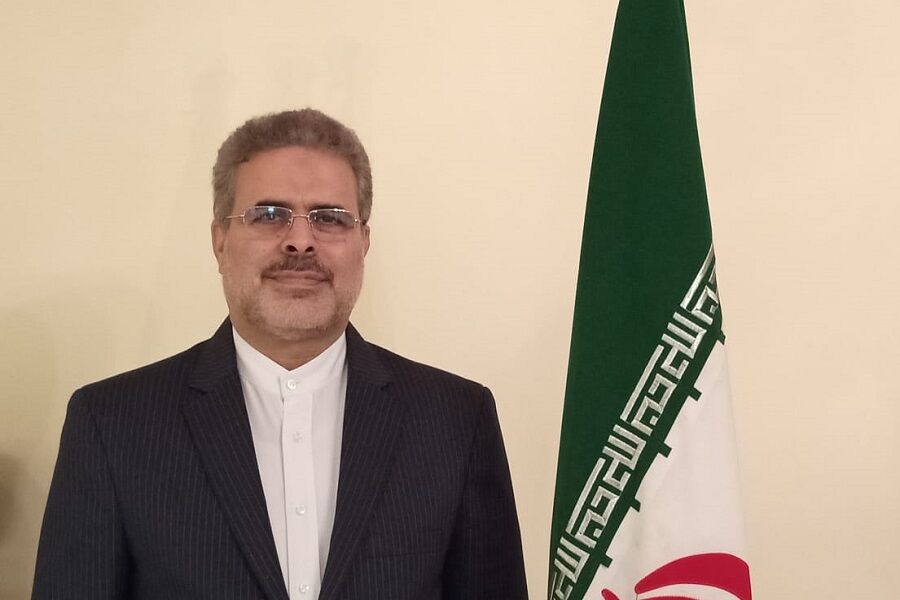In an exclusive interview with IRNA on Sunday on the objectives of the ongoing visit of the Indian minister to Iran, Ali Chegini noted that Jaishankar is in Tehran to participate in the 19th economic joint commission meeting.
He said that the meetings are expected to explore different avenues to further expand Tehran's relations with New Delhi, including topics related to trade of energy, non-oil goods, investment, banking, regional cooperation, and fighting terrorism.
He said the Indian minister is to meet with the Iranian President Hassan Rouhani and a number of cabinet ministers.
Elaborating on the significance of the trip, Chegini said that the Indian foreign minister the visit important both politically and economically.
Saying that last year, for the first time in history, the trade of the two countries exceeded 17 billion dollars, he added that the trade can fast grow to reach 30 to 40 billion dollars, which is in line with Iran's policy of glance toward the East – countries like India and China.
He also said that the two economies are complementary to each other meaning that what Iran produces and exports are among the needs of India, and whatever Iran needs is produced and exported by India.
He said that India is a progressing country and has had great advances in the economy. Iran and India have a lot of capacities to expand economic relations.
Iran and India export fruits and dried nuts to each other. Stones, mineral goods, tar, and Iran's finalized goods have a good market in India, he said.
And on the other hand, many of the needs of Iran and be provided by India through the mechanism that exists, including barter, energy, oil sale, or even barter of services.
Iran is a good market for India, and India is a good market for Iran, the ambassador noted.
He said that the two countries can reach a good agreement based on their mutual interests, he said,
Chegini went on to say that he was sure that the meeting would have good results.
About the joint cooperation in foreign policy, he said that the two countries have close regional policies about restoring stability in the region, especially the Persian Gulf region.
Chegini said that India knows itself as a part of the region, and it really is. Energy is important to India.
He also said that the Hormuz Peace Endeavor (HOPE) that was introduced by President Rouhani in the United Nations General Assembly (UNGA) in September will also be discussed with the Indian delegation.
Saying that this year is the 70th anniversary of Iran and India relations, he said that the two countries have had good growing relations despite some fluctuations due to third parties' pressures, which will not effective in the long run.
He said that Iran and India have historical, cultural, and civilizational relations, adding that, apart from that, Iran is a crossroad toward the West, Central Asia, Persian Gulf region, and the Middle East. This fact makes Iran very important for India, which can be seen in Chabahar Port, southeastern Iran.
Chanahar is the biggest oceanic port of the region, which was named "the Golden Gate" for India by the prime minister of the country, he said.
Saying that the Persian Language had been the official language of India for about 800 years, he said that the two civilizations have and good give-and-takes.
He added that after the 1979 Islamic Revolution, the relations between Iran and India entered a new phase.
India is a new economic power that needs a lot of energy and Iran is a stable country with huge energy reservoirs. Iran sees Iran as a stable provider of energy, he said.
He also said that natural gas transfer and oil are strategic and vital issues for India while Iran needs things like agricultural and medicine raw materials. "Iran is nearly self-sufficient in finalizing the production of medicines."
9417**1424
Follow us on Twitter @IrnaEnglish



Your Comment